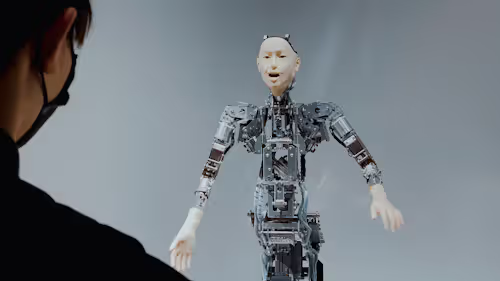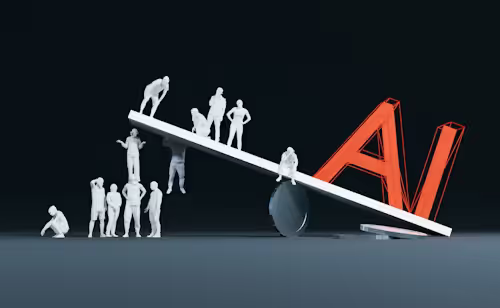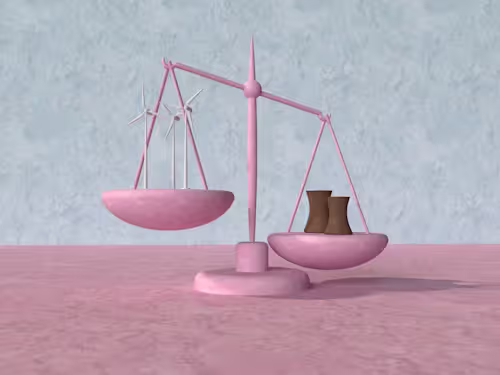The Future of Artificial Intelligence: Will AI Replace or Empower Us?
Artificial Intelligence (AI) is advancing faster than any other technology in history. What once belonged to science fiction is now part of our daily lives. From smart assistants to medical tools that detect diseases, AI is shaping how we live, work, and interact. But the big question remains: will AI replace us, or empower us?

AI in Our Present Lives
AI is already transforming industries worldwide. In healthcare, algorithms analyze medical images with impressive accuracy. In education, platforms powered by AI deliver lessons tailored to each student. Financial institutions depend on AI to detect fraud and forecast market trends. Even in daily life, AI guides us with GPS, filters spam emails, and recommends content. It has quietly become a partner in modern living.
Opportunities Ahead
The future of AI is full of opportunities. Self-driving cars promise safer roads and smarter cities. Medicine will advance toward personalized treatments designed for individual DNA. Creative industries are also changing as AI tools can write, design, and compose. Rather than limiting human creativity, these tools are opening new ways for collaboration between people and machines.
Empowering Human Potential
AI can also free us from repetitive work. In offices, it can manage schedules and handle data entry, allowing workers to focus on strategy. In factories, robots can take over dangerous jobs, improving both safety and efficiency. By shifting routine tasks to machines, AI gives humans more time for creativity, innovation, and problem-solving.
Challenges and Risks
The rise of AI also comes with challenges. Job displacement is a major concern, especially in industries like manufacturing and transportation. Bias is another issue, since AI systems learn from data that may already carry prejudice. This can lead to unfair decisions in hiring or lending. Ethical risks are equally important. Misuse of AI in surveillance, warfare, or spreading misinformation could cause serious harm if left unchecked.

A Balanced Future
So, will AI replace or empower us? The reality is that it will do both. Some roles will be automated, much like the changes during the industrial revolution. At the same time, new opportunities will emerge in areas we cannot yet fully predict. Those who adapt, learn new skills, and use AI as a tool will benefit the most from this shift.

Conclusion
The future of artificial intelligence carries both promise and risk. It has the power to transform industries, solve global problems, and improve lives. But it also requires careful regulation and ethical development. AI should not be seen as a competitor to humanity but as a partner. If guided wisely, it will empower us to build a more innovative and sustainable future together.